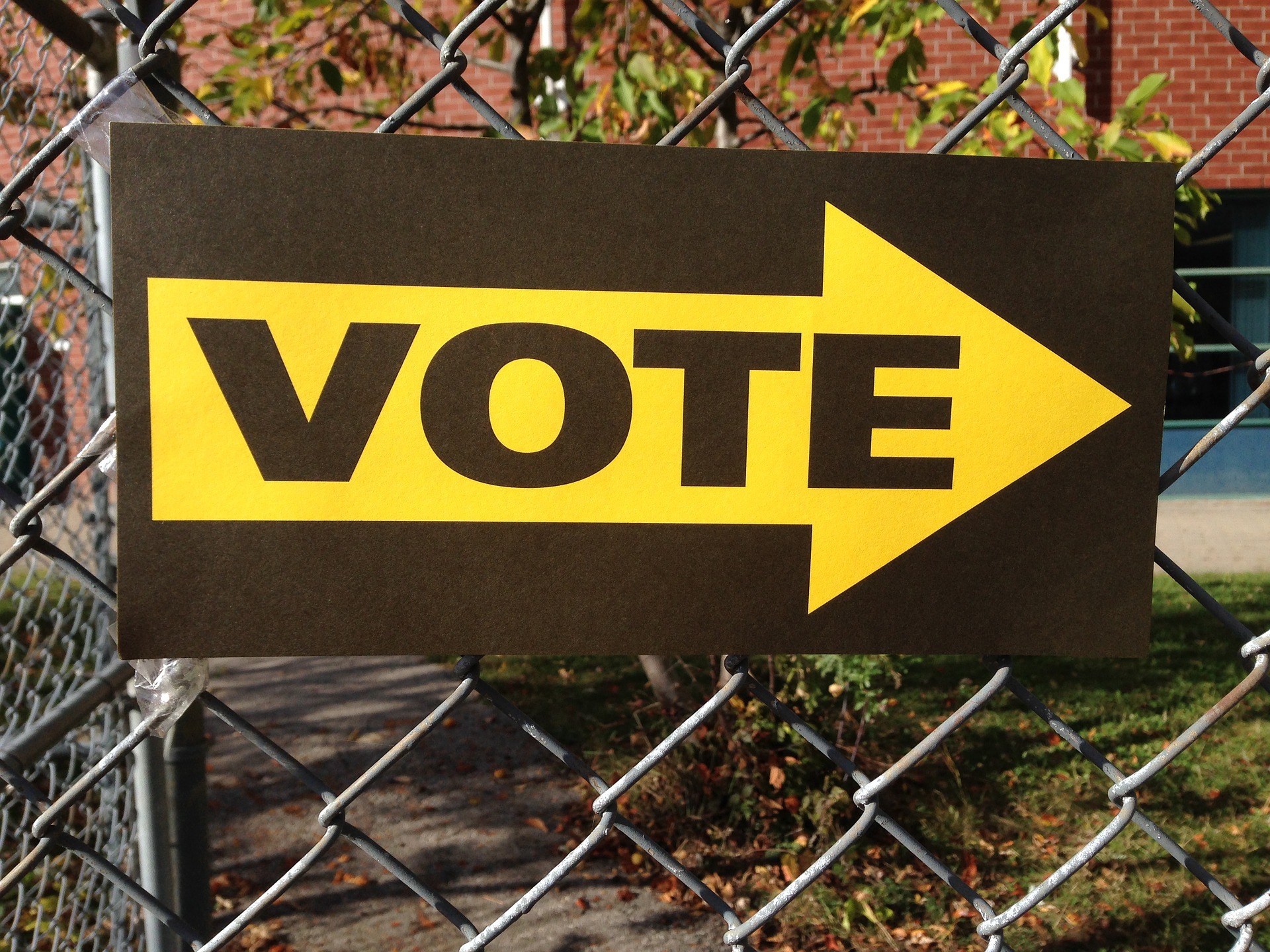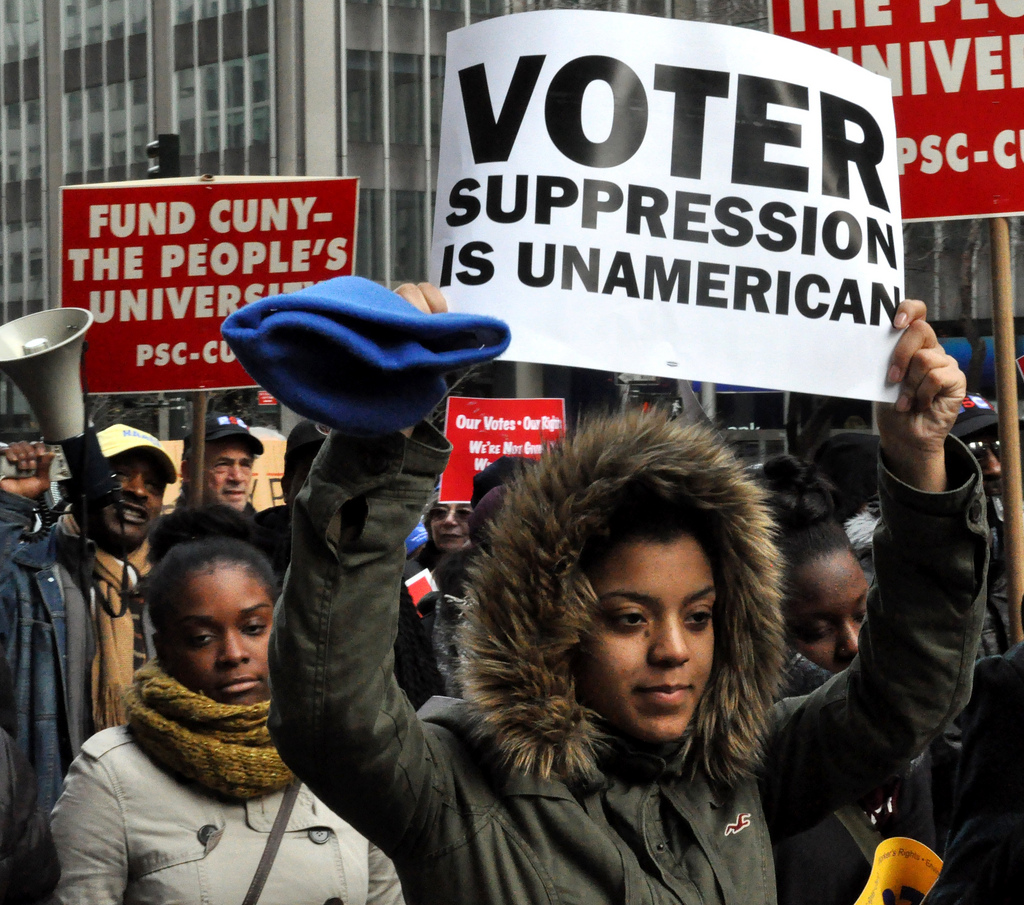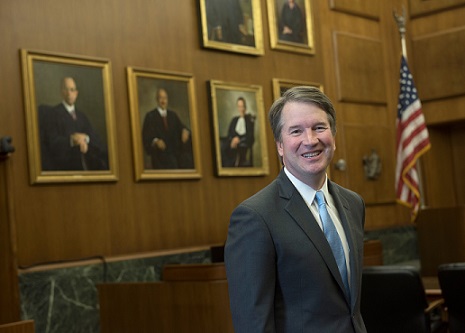By Eric Allen Kauk*
Last week voters in Florida passed a state constitutional amendment that automatically restored the right to vote to more than 1,000,000 people who were previously convicted of felonies, and who have successfully served their sentences. The amendment was widely-supported by many groups including the ACLU, the Koch brothers-backed Freedom Partners, and the Harvard Campaign for Political Equality.
Historical Context
In the 1868 aftermath of the U.S. Civil War, Florida enacted a constitutional provision to bar all people with felony convictions from voting. Clear legislative history shows that felon disenfranchisement efforts were enacted, as one legislator wrote, to “prevent a negro legislature.” A report published by the Brennan Center for Justice at the NYU School of Law describes Florida’s felon disenfranchisement scheme as a Reconstruction-era “mechanism intended to suppress political power of newly freed slaves.”
A New Day
After passing this constitutional amendment, Florida will now welcome more than 1,000,000 previously-convicted Floridians (including 418,000 black adults) back to the polls. Many recognize and are celebrating the social positive of this change on the level of abstract principle. However, questions remain about the more concrete political ramifications passage of this amendment may have on the relative political power between Democrats and Republicans in this swing state. We have very recent precedent for this kind of situation in Maryland that could shine light on the future in Florida.
Maryland 2016
In 2016 Maryland passed a constitutional amendment restoring the right to vote to persons previously convicted of felonies (HB 980 2016.) Maryland’s monthly voter registration activity reports after February 2016 (when HB 980 became law) show us a strong Democrat advantage in new voter registrations immediately following re-enfranchisement of felons. In the 12-month period prior to Maryland’s felon-restoration amendment going into effect, 49.08% of all new voter registrations were affiliated with the Democrat party. In the two years since the amendment became law, 56.35% of the voter registrations have been Democrat, a 7.27% advantage. In that time period, net totals of new registrations to the Democrat party out-paced new registrations to the Republican party by a total of 278,256 voters, another clear advantage for Democrats. Democrat voter registration increased distinctly immediately following Maryland’s felon-restoration amendment going into effect.
Florida 2020
In recent years, presidential elections in Florida have consistently been tight, with the last five being decided by an average margin of victory of 160,977 votes. Florida is a significant state for presidential elections, because the candidate that wins Florida captures all 29 of Florida’s electoral college votes. Florida’s 29 electoral college votes ranks as third most in the country, behind only California’s 55 and Texas’s 38. Florida’s newly-re-enfranchised voters will have a significant impact in the 2020 presidential election.
The impact will be determined by which party embraces, educates and mobilizes this new group of voters going forward. But, make no mistake, the parties are not starting on an equal playing field. As of September 30, 2018 there were already 257,185 more Democrats registered in Florida than Republicans. Further, in 2018 Florida gained a total of 531,577 new registered voters. If nothing extraordinary happens, and Florida simply experiences an increase in Democrat new voter registrations similar to that of post-amendment Maryland, there will be an advantage of an additional 77,291 new Democratic voters over new Republican voters before the general election in 2020. In Florida, the Presidential general election voter turnout averages 74% over the last 4 cycles. Without expending additional resources, the Democratic Party in Florida is essentially starting the 2020 Presidential race with a lead of at least 52,722 voters already at the polls. Overcoming this Democrat Party advantage in a time of politic divide is a tall task for Republicans.
Florida is a 2020 battleground state with Democrats poised for success if they just don’t get complacent. In the 2016 presidential election, Donald Trump won Florida by a slim 112,911-vote margin of victory. In the 2018 mid-terms, Democrat Bill Nelson and Republican Rick Scott have fought for Florida’s Senate, separated only by the thinnest margin. And, Democrat Andrew Gillum and Republican Rick DeSantis have been locked in a virtual stalemate in the Florida Governor’s race. The balance of political power in Florida, teeters on a razor’s edge. With the passing of this amendment, the weight of more than 1 million restored-felon residents of Florida who will be newly-eligible to vote in their first presidential election can tip the scales in 2020. The party that is willing to give restored-felons a second-chance has the opportunity to sway the political future of Florida and the Nation, by riding this restored-felon wave. Which party will open-wide their arms to embrace this potentially influential constituency?
*Eric Allen Kauk is a fully restored individual and is a 2L at Stetson University College of Law. He can be reached at ekauk@law.stetson.edu






